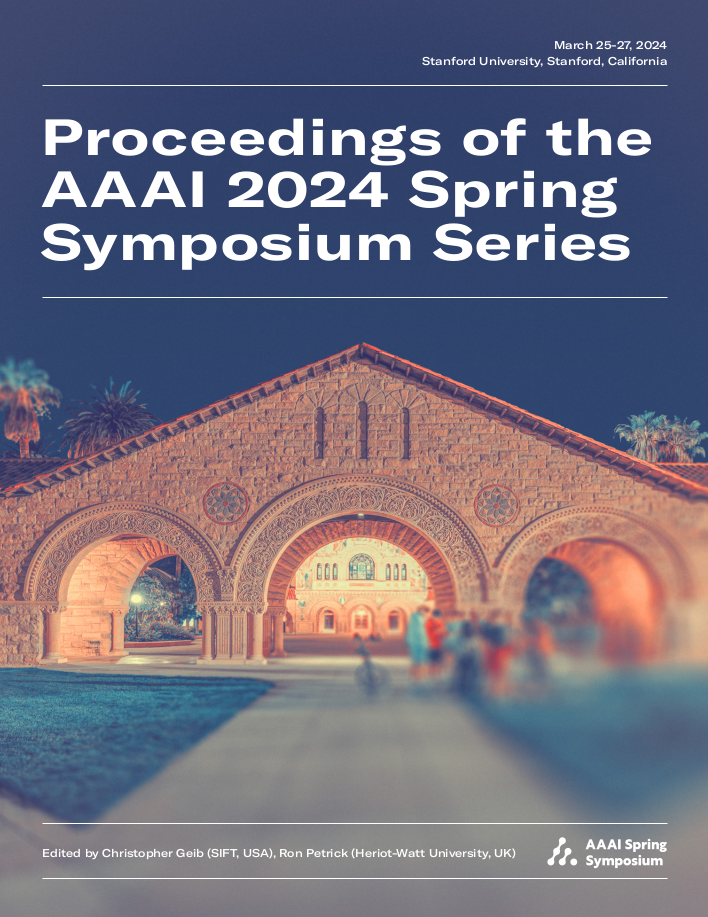Ethical Considerations of Generative AI: A Survey Exploring the Role of Decision Makers in the Loop
DOI:
https://doi.org/10.1609/aaaiss.v3i1.31243Keywords:
Impact of GenAI on Social and Individual Well-beingAbstract
We explore the foresighted concerns that Norbert Wiener voiced in 1960 about the potential of machines to learn and create strategies that could not be anticipated, drawing parallels to the fable "The Sorcerer's Apprentice" by Goethe. The progress in artificial intelligence (AI) has brought these worries back to the forefront, as shown by a survey AI Impacts conducted in 2022 with more than 700 machine learning researchers. This survey found a five percentage probability that advanced AI might cause "extremely adverse" outcomes, including the possibility of human extinction. Importantly, the introduction of OpenAI's ChatGPT, powered by GPT-4, has led to a surge in entrepreneurial activities, highlighting the ease of use of large language models (LLMs).AI's potential for adverse outcomes, such as military control and unregulated AI races, is explored alongside concerns about AI's role in governance, healthcare, media portrayal, and surpassing human intelligence. Given their transformative impact on content creation, the prominence of generative AI tools such as ChatGPT is noted. The societal assessment of Artificial Intelligence (AI) has grown increasingly intricate and pressing in tandem with the rapid evolution of this technology. As AI continues to advance at a swift pace, the need to comprehensively evaluate its societal implications has become more complex and urgent, necessitating a thorough examination of its potential impact on various domains such as governance, healthcare, media portrayal, and surpassing human intelligence. This assessment is crucial in addressing ethical concerns related to bias, data misuse, technical limitations, and transparency gaps, and in integrating ethical and legal principles throughout AI algorithm lifecycles to ensure alignment with societal well-being. Furthermore, the urgency of addressing the societal implications of AI is underscored by the need for healthcare workforce upskilling and ethical considerations in the era of AI-assisted medicine, emphasizing the critical importance of integrating societal well-being into the development and deployment of AI technologies. Our study entails an examination of the ethical quandaries and obstacles presented when developing methods to evaluate and predict the broader societal impacts of AI on decision-making processes involving the generating of images, videos, and textual content.Downloads
Published
2024-05-20
Issue
Section
Impact of GenAI on Social and Individual Well-being

